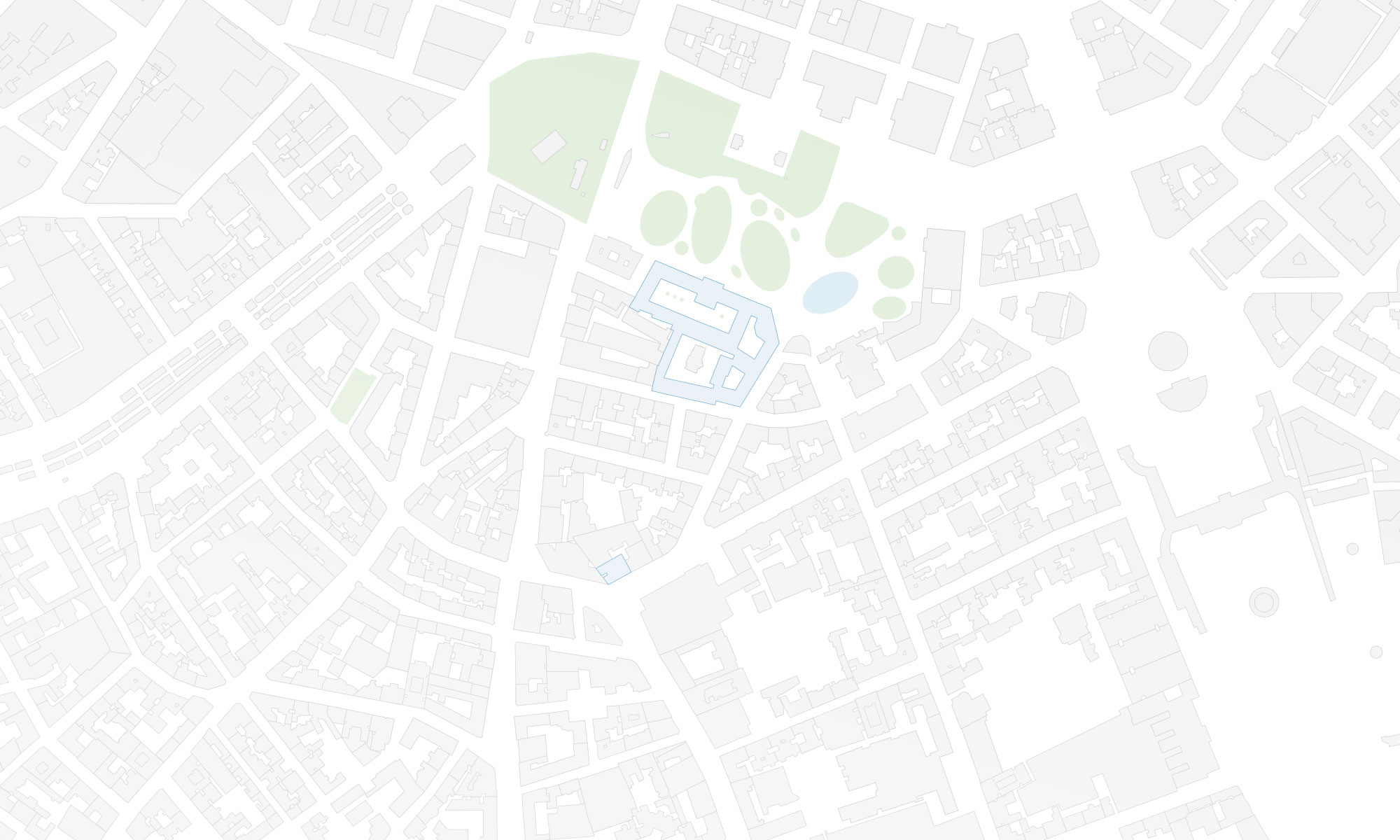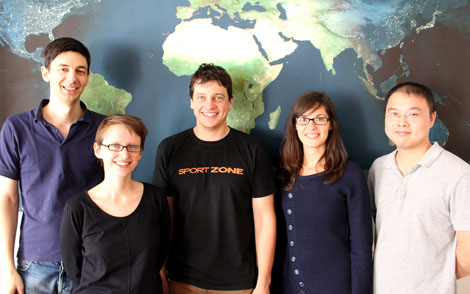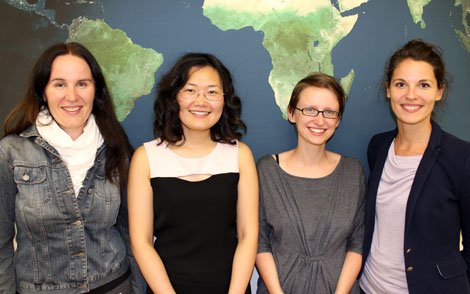We invite you to a CartoTalk [in German!] by Christoph Kinkeldey from HafenCity University Hamburg on the topic of
Evaluation von Visualisierungsmethoden für Unsicherheiten in Geodaten: Status Quo und zukünftige Herausforderungen
Unsicherheiten sind allgegenwärtig beim Umgang mit Geodaten, sei es bei der Vermessung eines Grundstücks, bei der Klassifizierung eines Satellitenbilds oder bei der Erstellung einer Karte. Dass die Information über Unsicherheiten in vielen Fällen wertvoll sein kann und nicht mehr ignoriert werden sollte, ist inzwischen unbestritten. Doch obwohl die visuelle Kommunikation von Unsicherheiten bereits seit Jahrzehnten Gegenstand der Forschung ist, bleibt der Einsatz in der Praxis die Ausnahme.
Ein Grund dafür ist das Fehlen von Leitlinien für den Einsatz solcher Methoden in der Praxis, zum Beispiel für die Entwicklung geeigneter grafischer Werkzeuge. Diese existieren kaum, obwohl seit den neunziger Jahren einige Studien durchgeführt wurden, um Methoden zur Unsicherheitsvisualisierung zu evaluieren. Zum einen wurde die reine Lesbarkeit verschiedener Darstellungsmethoden getestet, zum anderen, wie einfache Entscheidungen auf Grundlage von visuell kommunizierter, unsicherer Information getroffen werden. Dennoch konnten daraus kaum verlässliche Aussagen für die Verwendung entwickelt werden, da viele Ergebnisse schwer vergleichbar sind und es häufig widersprüchliche Aussagen gibt.
Ziel dieses Vortrags ist es, einen Überblick auf existierende Nutzerstudien zu geben und die Gründe für die beschriebene Situation abzuleiten. Erste Empfehlungen für die Weiterentwicklung solcher Studien werden gegeben, um dem Ziel von Leitlinien für die Unsicherheitsvisualisierung näher zu kommen.
Wednesday, 4 December 2013, 11:00
Seminar Room 121, click here for map
Gußhausstraße 27–29, 3rd floor, Engineering Geodesy
Dipl.-Ing. Christoph Kinkeldey ist wissenschaftlicher Mitarbeiter und Doktorand bei Prof. Dr. Jochen Schiewe am Labor für Geoinformatik und Geovisualisierung (g2lab) an der HafenCity Universität Hamburg. In seinem Dissertationsprojekt beschäftigt er sich mit der Nutzung von Unsicherheitsinformation bei explorativen Analysen von Veränderungen aus Fernerkundungsdaten.
This post was automatically fetched from geo.tuwien.ac.at. Please find the original here.



